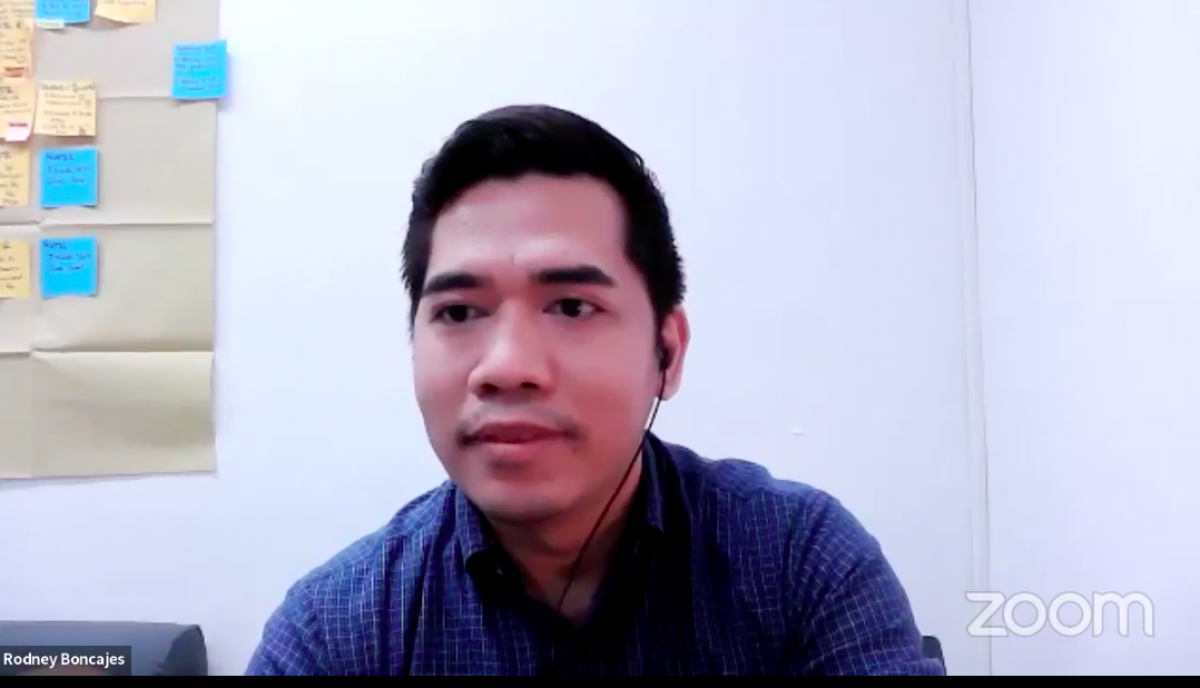CAGAYAN DE ORO CITY (PIA)--In celebration of its 27th anniversary, the Philippine Health Insurance Corporation Regional Office (PhilHealth)- 10 conducted a webinar dubbed, “PhilHealth Matters: A Webinar on Mental Health Awareness and Prevention,” February 22.
The event’s resource speaker, Dr. Rodney R. Boncajes of the National Center for Mental Health shared his insights on mental wellness and the prevention of mental health problems, especially during the COVID-19 pandemic.
Referencing data from the World Health Organization (WHO), Boncajes said Filipinos are mostly affected by mental disorders such as depression and anxiety disorders.
In 2017, the WHO recorded 3.2 million Filipinos diagnosed with depression, and about three million Filipinos diagnosed with anxiety. Data from the same year also show that five in every 100,000 Filipinos commit suicide.
He added that the mental health of the elderly, children, adolescents, and students have been greatly affected by the global health crisis, causing them to exhibit increased levels of distress and symptoms of depression and anxiety.
During the talk, Boncajes cited three ‘domains of functionality’—Intrapersonal, Interpersonal, and Work/school-related functionality—that determine one’s self-image, social interaction, and the performance of tasks. He said one domain being affected by mental health problems already warrants medical consultation.
“Isa lang po sa mga tatlong [domains of functionality] na magkaroon ng concern, warranted na po na kayo ay makita kaagad ng mental health professional para maiwasan ang complication. If [all] your domains of functionality have already been affected, medyo alarming na po,” Boncajes said.
He also said to look out for symptoms of mental health problems and disorders. Based on the Mental Health Continuum Model, mentally-ill persons exhibit an exhausted or fatigued image, have enraged or depressed moods, frequently think about suicide, are not able to perform tasks at all, and are associated with substance or alcohol abuse.
During the COVID-19 pandemic, Boncajes said individuals feel stressed and panic due to fear of infection, rumors and misinformation, and for fear of the unknown. He added that confusion, distress, mistrust, and doubt are emotions also commonly associated with the pandemic.
As the number of Filipinos who experience these mental health problems and disorders continue to rise, Boncajes urged everyone to pay attention to their mental health and seek immediate psychological assistance when necessary. “It is important for us to be aware that mental health problems can lead to mental disorders if not acted on appropriately and not given timely intervention,” he said.
Government action and interventions
For those wishing to seek medical advice for their conditions, Boncajes said a 24/7 crisis hotline operated by the National Center for Mental Health and the Department of Health (DOH) is available for Filipinos across the country. DOH regional offices have also managed to create their own crisis hotlines that use local languages to facilitate better communication.
Majority of the services offered by the NCMH and the DOH have also been transitioned digitally, Boncajes said, making them more accessible and safer for people. Without the added cost of traveling, he said doctors are able to cater to more patients, and patients are able to consult more easily and safely at home.
Boncajes also said primary healthcare workers trained for the provision of mental health services have also been reactivated in certain DOH Health Centers. Moreover, DOH has also provided free medication to patients and conducted more training for HCWs to expand the provision of mental health services. (GDA/PIA-10)




